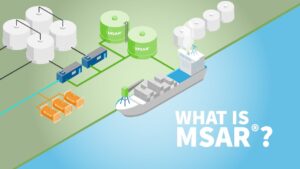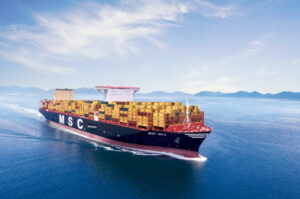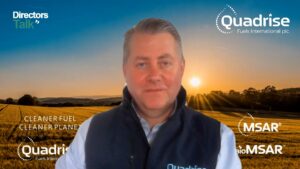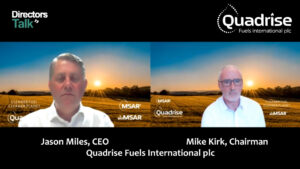Quadrise Fuels International plc (LON:QFI) is the global innovator and licensor of disruptive heavy oil technology that produces MSAR® fuel.
The Quadrise team is a unique combination of energy sector experts and fuel specialists that were instrumental in the prior commercialisation of 60 million tons of Orimulsion® fuel worldwide.
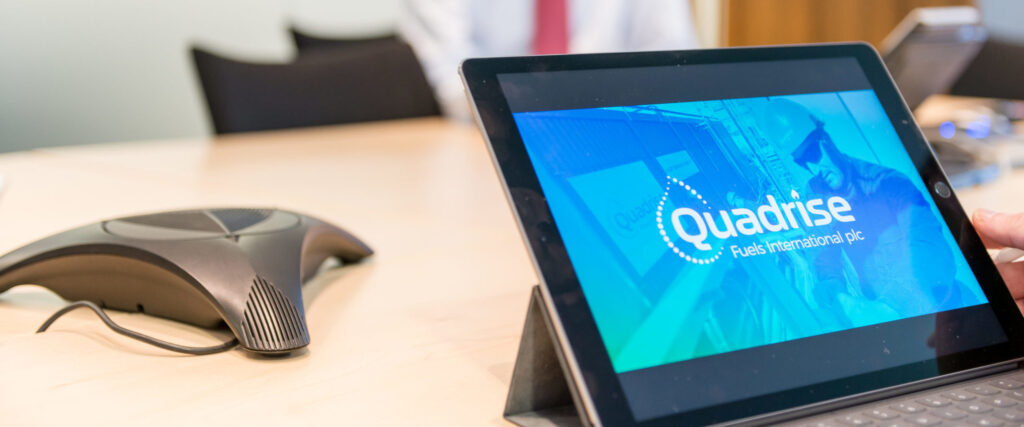
MSAR® TECHNOLOGY
MSAR® is a low viscosity oil-in-water emulsified synthetic HFO. It is manufactured using proprietary technology to mix heavy residual oils with small amounts of specialist chemicals and water to a bespoke formulation. The resulting emulsion contains approximately 30% water and less than 1% chemicals. The emulsion is a low viscosity liquid at room temperature, which makes it easier to handle and reduces the heating costs for storing, transportation and use in comparison to HFOs.
In addition, the hydrocarbon droplets are pre-atomised within the emulsion and are significantly smaller than the droplets formed from atomising HFO; this means that when used MSAR® burns almost completely, leaving virtually no particulate carbon in the exhaust and making it more environmentally friendly.
Quadrise is the licensor of MSAR® technology and offers fully integrated solutions for oil refiners and end users.
Scroll down for the 5 day trade history, news, interviews, analysis and Quadrise Fuels share price.


